As the Turkish economy grapples with soaring inflation, the latest figures have confirmed the severity of the situation. In October, the inflation rate in Turkey hit a staggering 48.58%, a figure that underscores the immense pressure on the country's monetary policy. This alarming rate is not only a cause for concern for the Turkish government but also a significant challenge for the Central Bank of the Republic of Turkey, which is tasked with maintaining price stability and ensuring economic growth.
The high inflation rate is a result of a complex interplay of factors, including global economic trends, domestic policies, and geopolitical tensions. The Turkish Lira has been under significant pressure, with the currency losing value against major currencies, which in turn has led to increased import costs and a surge in the prices of goods and services.
Global Factors and Domestic Policies
Globally, the aftershocks of the COVID-19 pandemic continue to reverberate through economies worldwide. Supply chain disruptions, increased demand for goods, and a general slowdown in production have contributed to inflationary pressures. Turkey, with its reliance on imports for a significant portion of its consumer goods, has not been immune to these global trends.
Domestically, the Turkish government's policies have also played a role in the current inflationary environment. The Central Bank has been under pressure to keep interest rates low, which has been a contentious issue. Lower interest rates can stimulate economic activity in the short term but can also lead to higher inflation if not managed carefully. The delicate balance between growth and inflation has been a central challenge for policymakers.
The Impact on the Turkish Lira
The Turkish Lira has been one of the most affected currencies in the world, with its value plummeting against the US Dollar and the Euro. This depreciation has made imports more expensive, which is a significant factor in the rise of inflation. The cost of living has increased dramatically for Turkish citizens, with basic necessities such as food, housing, and transportation seeing sharp price increases.
Monetary Policy Challenges
The Central Bank of the Republic of Turkey faces a daunting task in managing the country's monetary policy amidst these challenges. Traditionally, central banks combat inflation by raising interest rates, which can slow down economic activity and reduce the demand for goods and services, thereby curbing price increases. However, in Turkey's case, the situation is more nuanced.
The Turkish government has been advocating for lower interest rates to stimulate growth, a stance that has put it at odds with conventional economic wisdom. The Central Bank has been walking a tightrope, trying to balance the need for economic growth with the imperative to control inflation. This has led to a complex policy landscape where the traditional tools of monetary policy are not as effective as they would be in a more stable environment.
The Human Cost of Inflation
Behind the numbers and policy debates, there is a very real human cost to the current inflation crisis. Turkish citizens are feeling the pinch as their purchasing power diminishes. The rising cost of living is affecting the most vulnerable segments of society the hardest, with many struggling to afford basic necessities. This has led to social unrest and a call for government action to alleviate the economic burden on the population.
Looking Ahead
The path forward for Turkey is fraught with challenges. The government and the Central Bank will need to navigate a treacherous economic landscape, balancing the need for growth with the imperative to control inflation. International investors are watching closely, with the health of the Turkish economy having implications beyond its borders.
Policymakers' Dilemma
Policymakers in Turkey are in a difficult position. They must consider the short-term economic stimulus that lower interest rates can provide while also being mindful of the long-term consequences of high inflation. The government's approach to monetary policy will be crucial in determining the trajectory of the Turkish economy in the coming months and years.
International Implications
The situation in Turkey is not an isolated one. Other emerging economies are also grappling with inflationary pressures, and the global community is closely monitoring the situation. The Turkish experience serves as a cautionary tale for other countries, highlighting the importance of sound monetary policy and the need for international cooperation in addressing economic challenges.
As Turkey's inflation rate reaches a critical point, the country stands at a crossroads. The decisions made by the government and the Central Bank in the coming months will have far-reaching implications for the Turkish economy and its people. The world watches as Turkey navigates
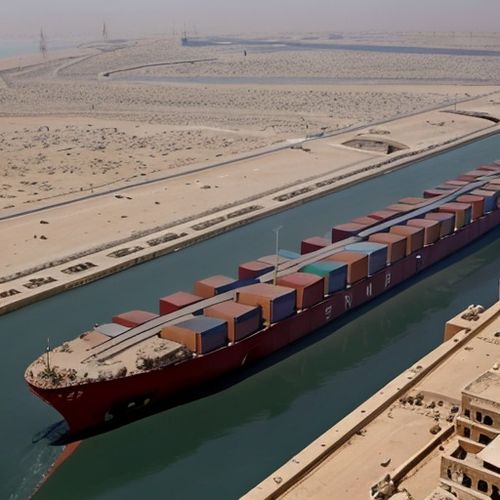
By Sophia Lewis/Apr 5, 2025
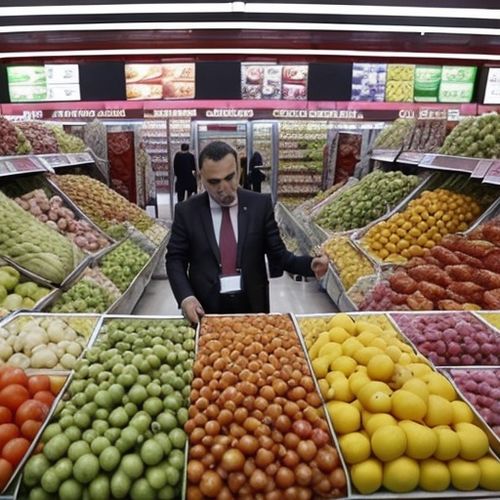
By Jessica Lee/Apr 5, 2025
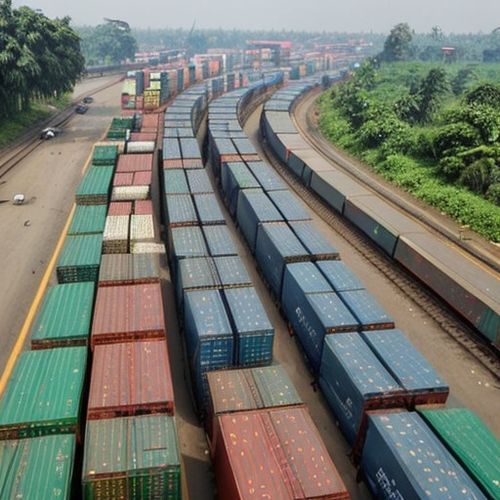
By Emily Johnson/Apr 5, 2025

By Sophia Lewis/Apr 5, 2025
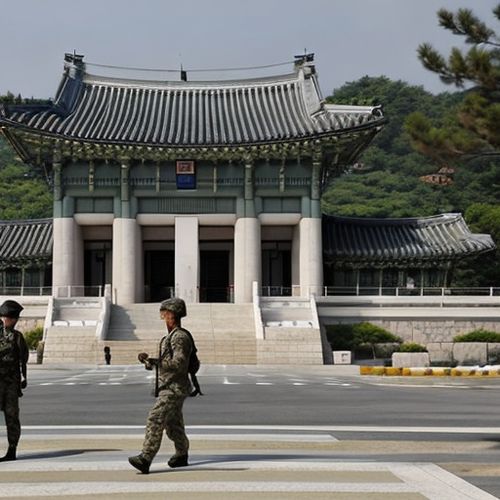
By George Bailey/Apr 5, 2025

By Amanda Phillips/Apr 5, 2025

By Emily Johnson/Apr 5, 2025

By Natalie Campbell/Apr 5, 2025

By Sarah Davis/Apr 5, 2025
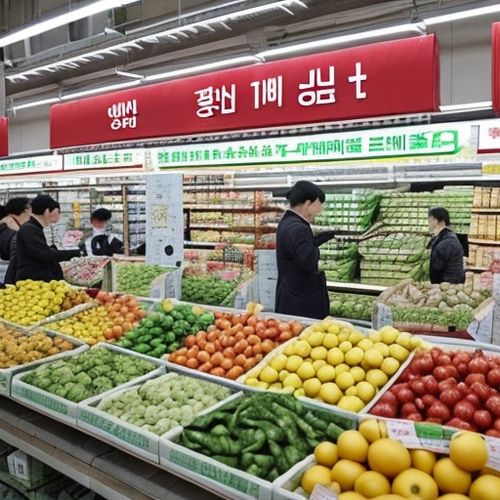
By Laura Wilson/Apr 5, 2025

By Samuel Cooper/Apr 5, 2025
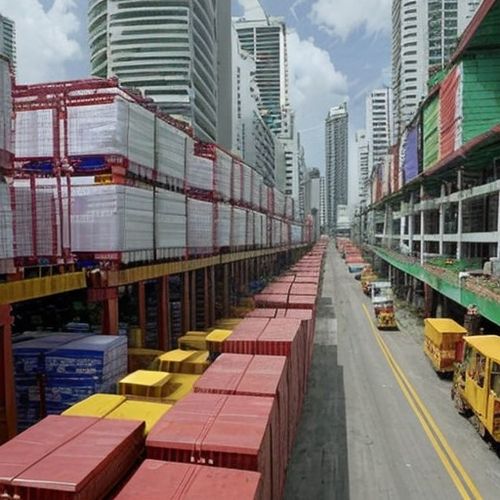
By James Moore/Apr 5, 2025

By Noah Bell/Apr 5, 2025

By Sarah Davis/Apr 5, 2025
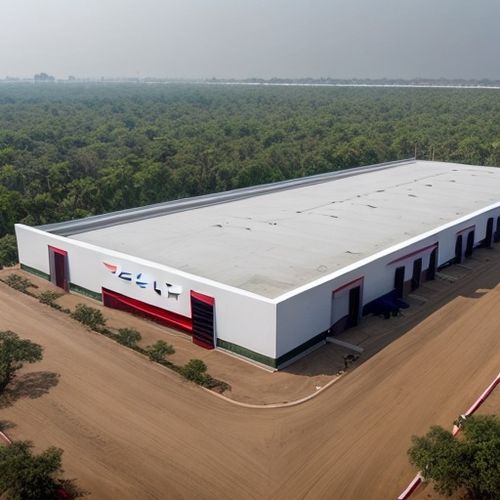
By Ryan Martin/Apr 5, 2025

By Christopher Harris/Apr 5, 2025
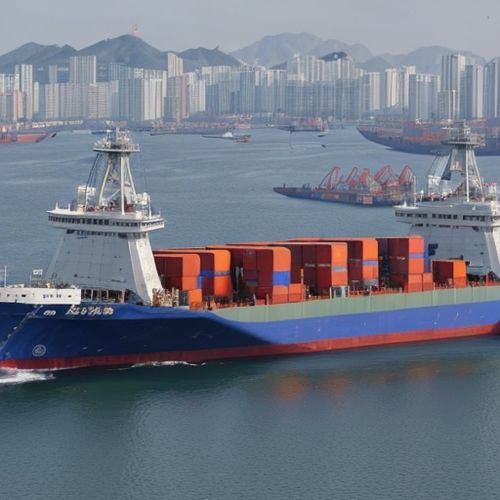
By Noah Bell/Apr 5, 2025

By Thomas Roberts/Apr 5, 2025

By Michael Brown/Apr 5, 2025

By George Bailey/Apr 5, 2025